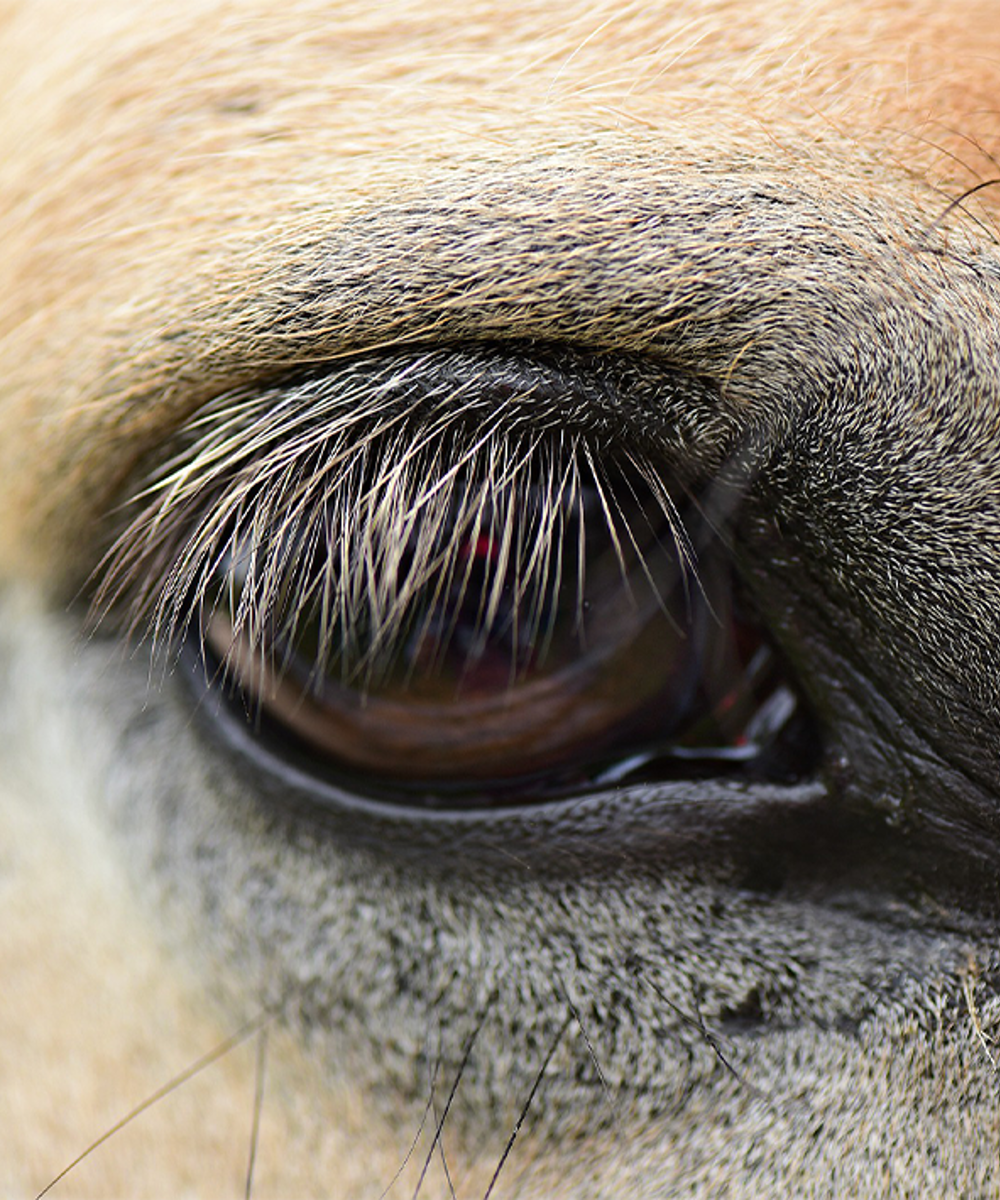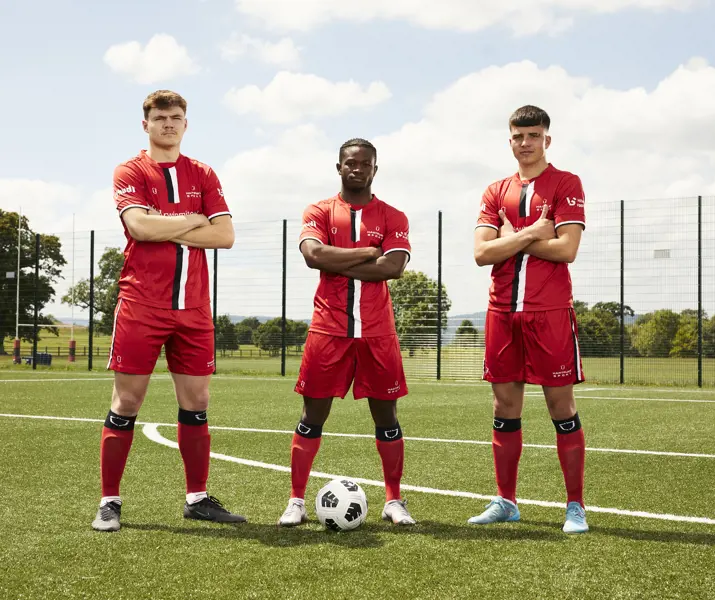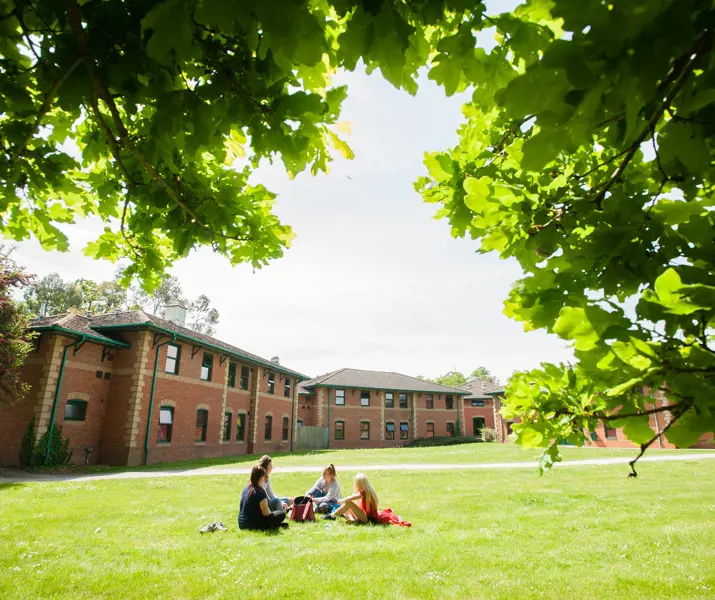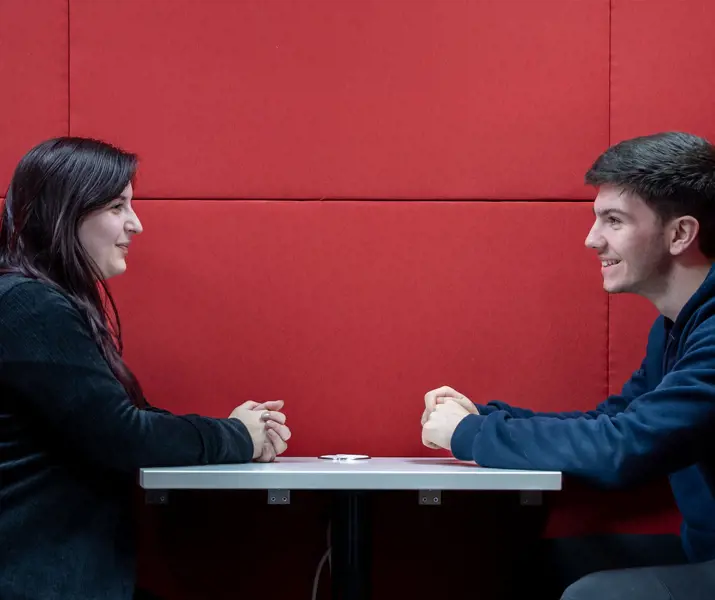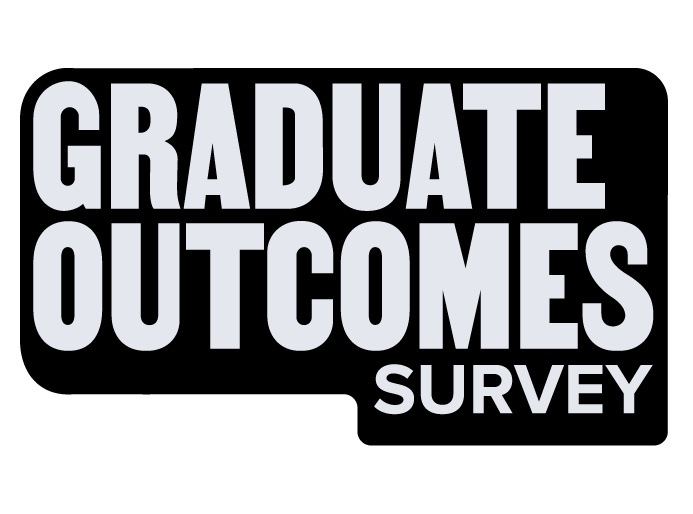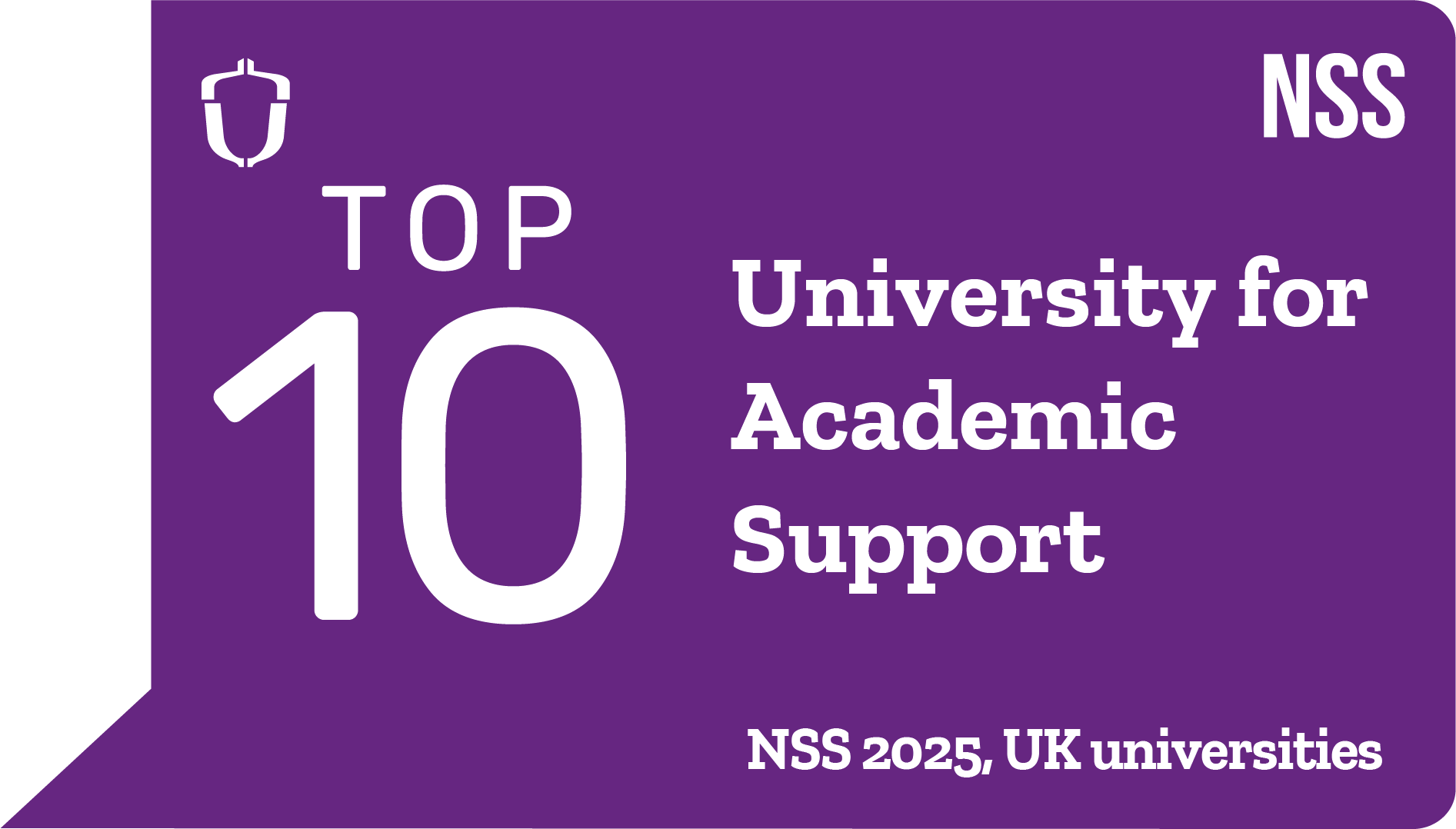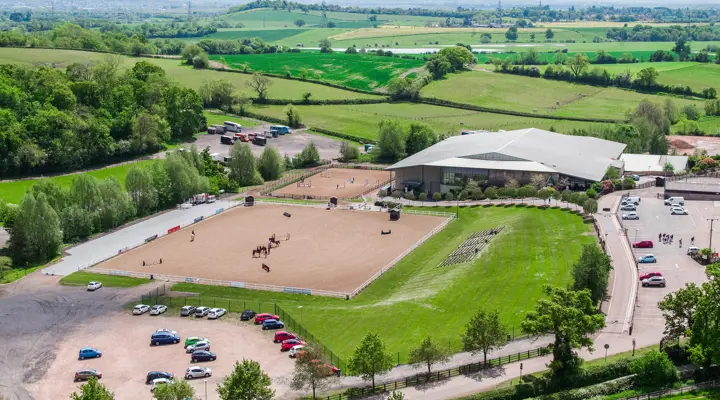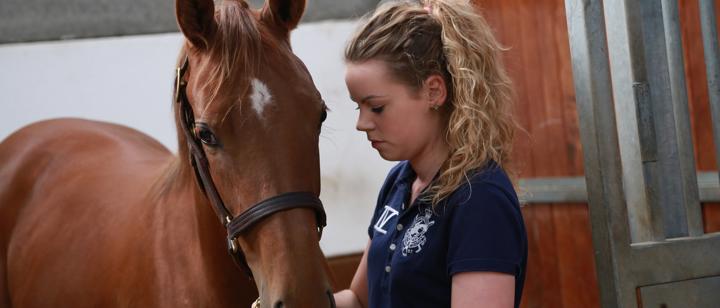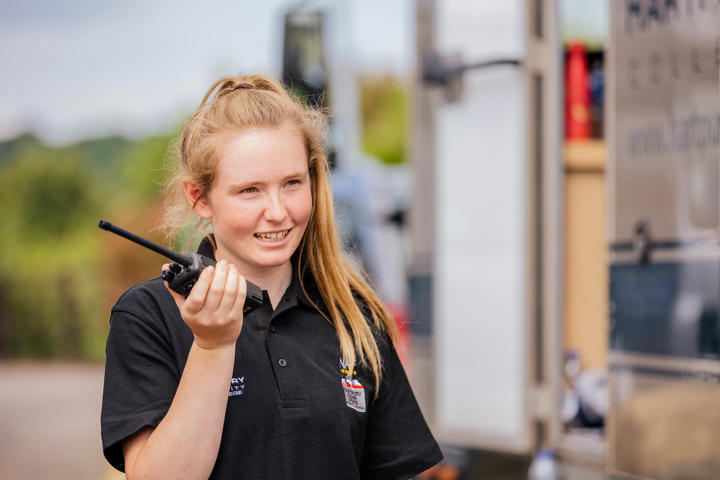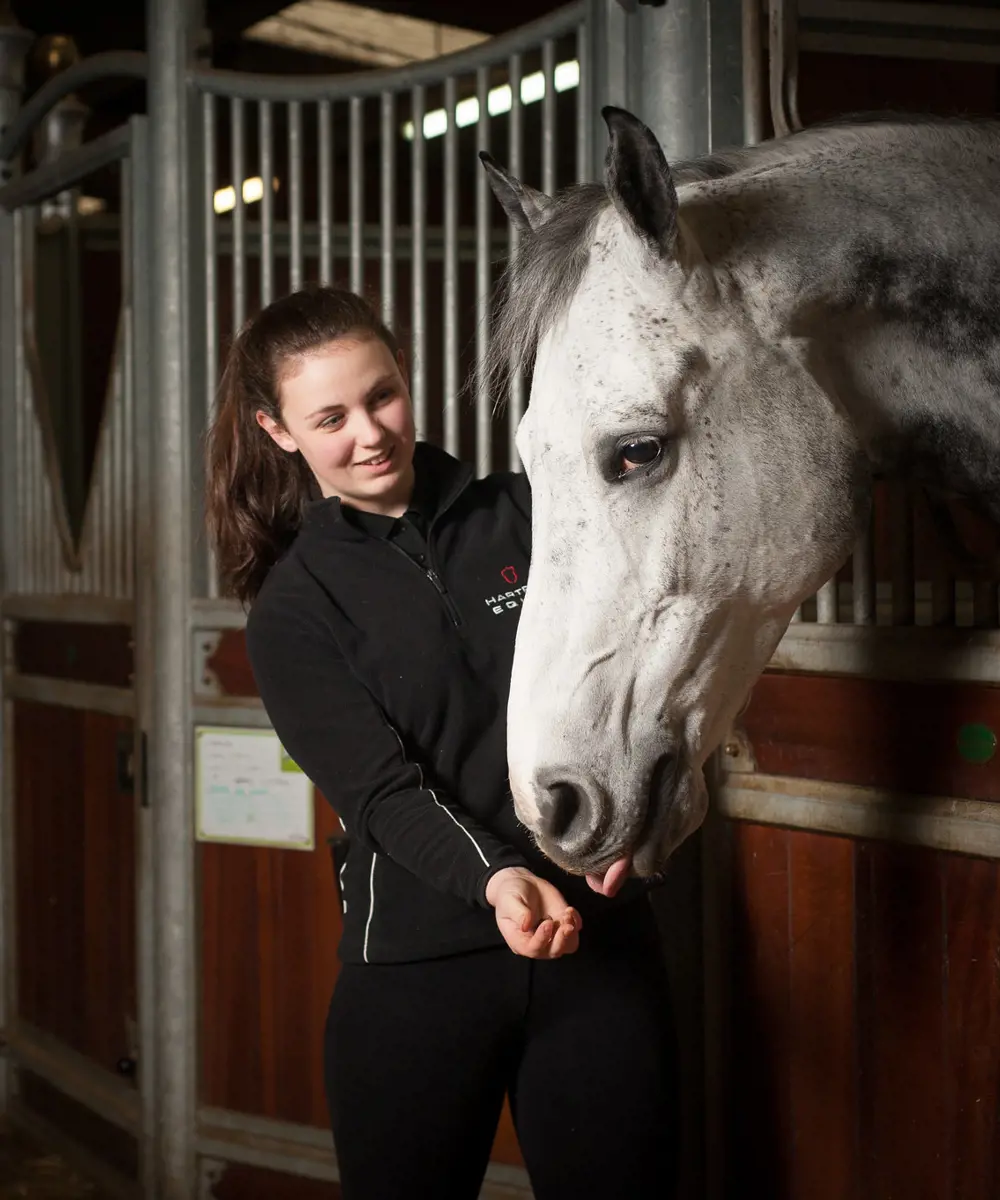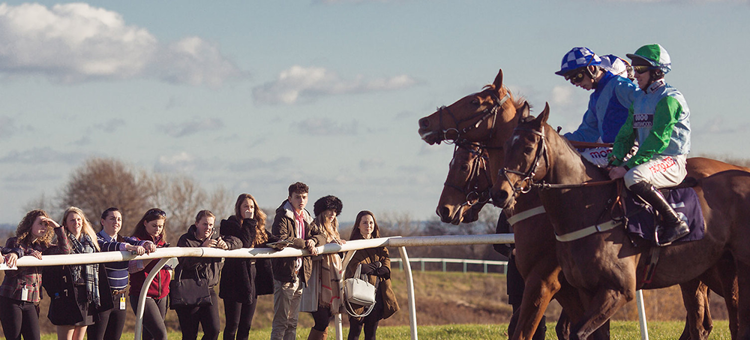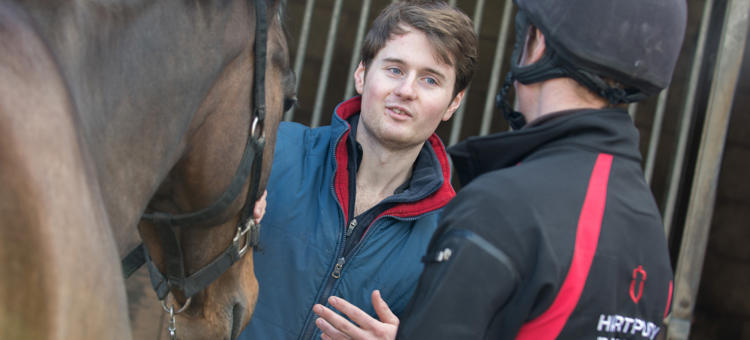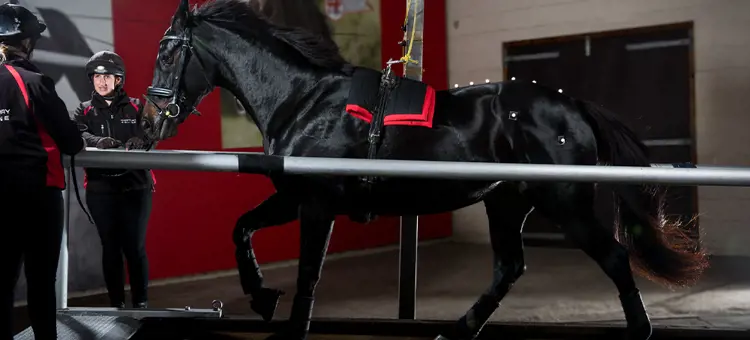You’ll study a broad range of equine science topics, with options to tailor your learning to a number of interests and career pathways.
You don’t need to ride - all you need is a passion for horses and science, which you want to apply within the equine industry.
You’ll benefit from world-class facilities including our Equine Therapy Centre, industry-standard science labs and 230 horses on campus, while you study how the horse’s body works, developing expertise in exercise anatomy and physiology and the impact that exercise has on the horse.
This applied science degree combines theory with practice, enabling you to develop in-depth knowledge and skills.
You’ll hear from leading industry and research experts and strengthen your learning through practical application and field trips. You’ll also have the opportunity to study a semester of your degree overseas.
UCAS tariff points | 32-48 UCAS tariff points.
A Levels | EE-DD or equivalent from at least one full A Level.
Vocational Awards | PPP in an Extended Diploma.
Access | 32-48 UCAS tariff points in an Access to Higher Education Diploma.
International Baccalaureate | 32-48 UCAS tariff points in an IB Diploma, to include one Higher at H3 or above.
Scottish Highers | 32-48 UCAS tariff points from at least one Higher. You must have completed two years study at Higher Level.
Irish Leaving Certificate | 32-48 UCAS tariff points from at least one Higher.
T Level | An overall grade of Pass.
Additional Information
In addition to the above, we require a minimum of five GCSEs at grade 9-4 (A*-C), to include English and Maths. We will consider equivalencies including but not limited to functional skills level 2, Irish Ordinary level, National 5s, IB standard level.
We will consider combinations of level three qualifications.
We welcome applications from individuals with equivalent, non-UK qualifications and mature students (over 21). We may interview as part of the application process.
Email us
Your support network
You'll benefit from a strong support network from day one to be the best you can be. This will range from your personal tutor and specialist academic support team (our Achievement and Success Centre) to dedicated wellbeing and employability (Innovation, Careers and Enterprise) centres.
Academic support
You’ll have your own personal tutor while you’re here who will support you to succeed in your studies. You’ll also have access to our academic and wellbeing support teams who run regular workshops and one-to-one sessions on campus and online.
Alongside this, we have a comprehensive bank of online study skills resources to help you make the most of your qualification.
Your learning experiences
You'll experience a range of teaching methods to strengthen your digestion of topics, including lectures, workshops and practical sessions, as well as supported work placement learning as part of many courses.
Your career
Each year of your course will be made up of two semesters, within which you’ll study compulsory and optional modules on different industry-focused topics, enabling you to develop your own unique portfolio of knowledge, skills and experience, ready for your career. The course is taught in English.

